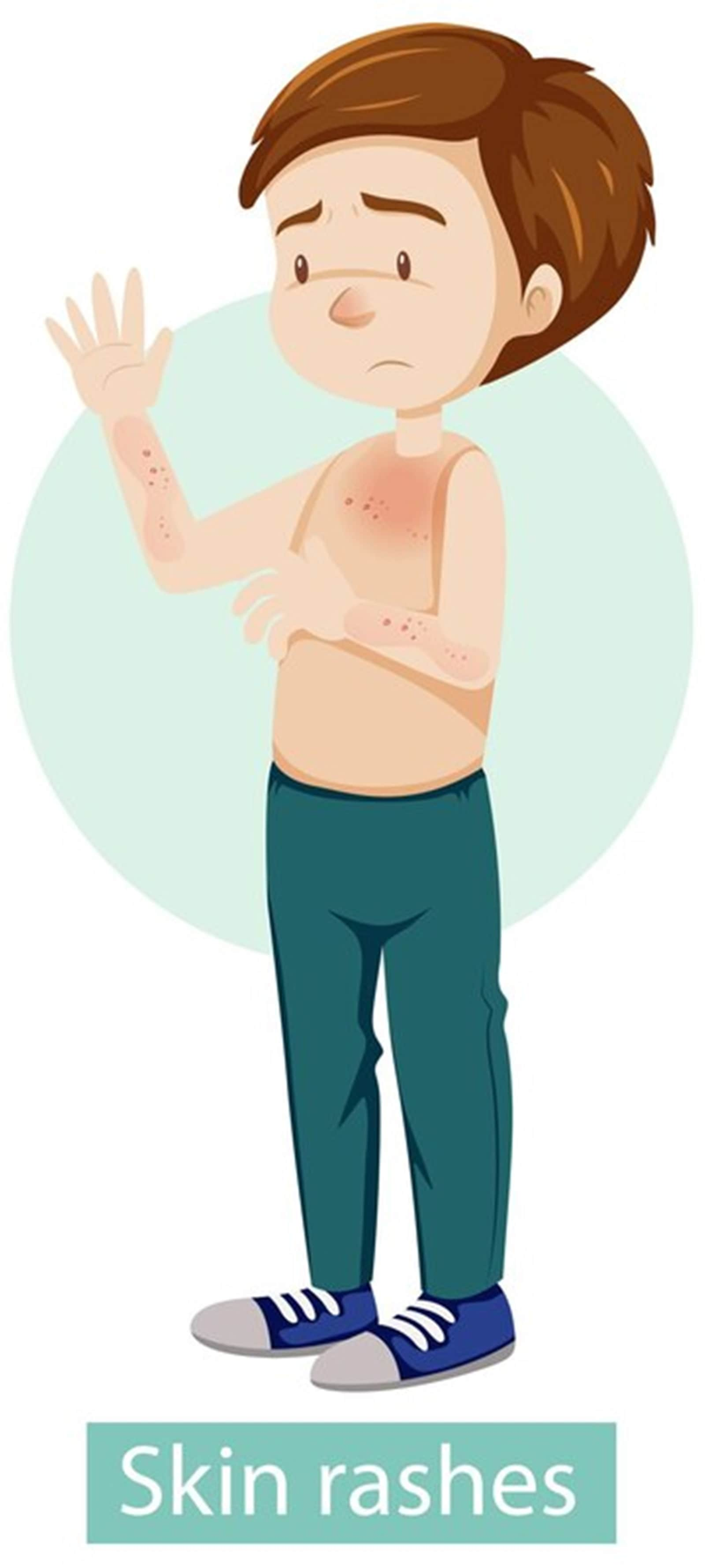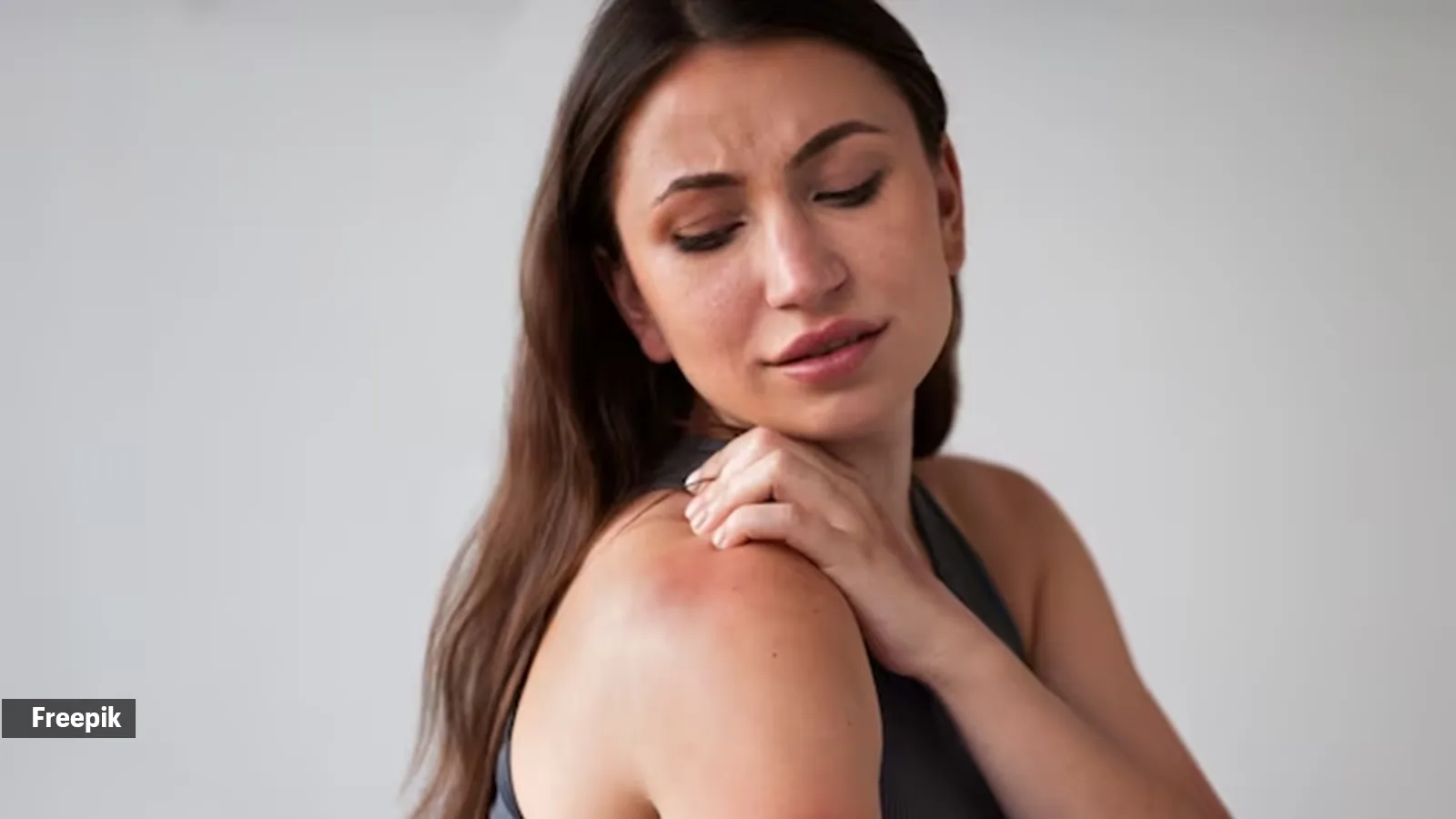Stress is a part of life, and our bodies react to it in various ways. For some, the impact of stress goes beyond just a racing heart or sleepless nights—it shows up on their skin. Stress-induced skin conditions, such as hives and itching, can be both uncomfortable and emotionally taxing.
Let us explore the connection between stress and skin reactions, shedding light on why some individuals break out in hives and experience persistent itching when they’re under pressure.

Why do we get stress rashes?
Dr Kuna Ramdas, senior dermatologist, Kamineni Hospitals, explained that stress can lead to the release of various chemicals and hormones in the body, including cortisol and adrenaline. “These physiological responses can affect the immune system and other bodily functions, which can sometimes result in skin reactions like stress rashes or hives.”
He added that stress-induced skin conditions are often linked to the body’s “fight or flight” response, where the body prepares to deal with a perceived threat by releasing chemicals that can impact the skin.
Dr Ritika Shanmugam, dermatology and cosmetology consultant, Manipal Hospitals, noted some people break out or develop hives because of an autoimmune condition called urticaria where the body’s immunity attacks itself. It can be acute lasting for 6 weeks or sometimes become a chronic condition.

 It can resemble hives (urticaria) in appearance. (Source: Freepik)
It can resemble hives (urticaria) in appearance. (Source: Freepik)
What does a stress rash look like?
According to Dr Ramdas, a stress rash can look different from person to person, but it typically presents as red, raised, itchy, and sometimes painful welts or bumps on the skin. These can vary in size and may appear suddenly during or after a stressful event.
The rash is often itchy and may be localised or spread to different areas of the body.
How can you treat it?
Dr Shanmugam explained that immediate first aid can calming the skin with cold compresses and oral antihistamines to control the symptoms for a specified duration of time in acute cases. In severe cases, an oral steroid is given to control the symptoms.
Most Read
Happy Diwali 2023: Wishes, Images, Status, Quotes, Messages, Wallpapers, Photos, and Cards
Pakistani fisherman becomes millionaire overnight after selling rare fish
She added that in chronic patients with stress rash, the patient needs to be maintained on oral antihistamines to prevent symptoms.
To treat stress rashes long-term, you must address underlying stress through techniques like deep breathing, meditation, and exercise, Dr Ramdas suggested.
📣 For more lifestyle news, follow us on Instagram | Twitter | Facebook and don’t miss out on the latest updates!









































